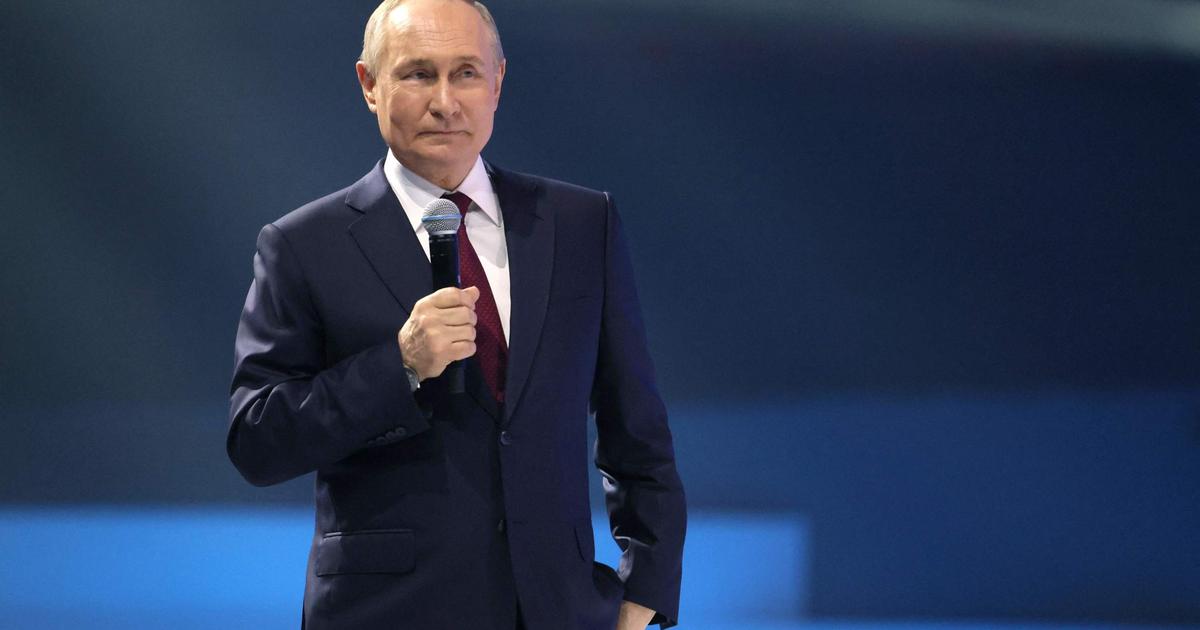Vladimir Putin's revisionism goes ever further.
If the Russian president's outbursts towards Ukraine are known, those against Western Europe were rarer.
“
Belgium has largely appeared on the world map as an independent state, largely thanks to Russia and Russia's position ,
”
he said this Wednesday, before the participants of the World Youth Festival , in Sirius in Russia.
The master of the Kremlin did not, however, specify the way in which Russia participated in the independence of our neighbors across Quiévrain.
He further noted that Russia
“
has its own history with many countries around the world
”
.
To discover
Follow information on the war in Ukraine with the Figaro application
In reality, Russia, and especially Tsar Nicholas I, was very unfavorable to Belgian independence.
In 1790, part of the Austrian Netherlands, present-day Belgium, rose up and proclaimed the United States of Belgium, but the imperial army quickly restored its authority.
Louis XVI, a few months before the abolition of the monarchy, declared war on Austria in 1792 and conquered the Belgian provinces.
These are disputed before being annexed and departmentalized.
At the Congress of Vienna, which reshaped Europe following the Napoleonic upheavals, entrusted the entirety of current Belgium and Luxembourg to the prince of the Netherlands, named king for the occasion.
Also read: Stéphane Courtois: “Putin’s revisionism and the true history of the Ukrainian nation”
Several conflicts, religious, financial and linguistic, led to a revolution in 1830. France itself had risen against Charles X and was led by Louis-Philippe.
Belgium proclaims its independence, and the king of the Netherlands appeals to the Holy Alliance to restore his rights.
Only Russia offers its help, and sets its army in motion.
Tsar Nicholas I, nicknamed the
“
policeman of Europe
”
, an autocrat of whom Vladimir Putin has a portrait in his office, sees this revolution as a personal offense: his daughter married the crown prince of the Dutch kingdom.
Ultimately, the Russian army will crush the Warsaw Uprising in Poland and will not march to Belgium.
Following several diplomatic negotiations, the new king of Belgium was Leopold I, of the house of Saxe-Coburg and Gotha, but married the daughter of Louis-Philippe I, Louise d'Orléans.
The United Kingdom wanted to avoid, a constant British policy, that France controlled the port of Antwerp.
Nicolas I, for his part, was slow to recognize the independence of Belgium, just like the regime of Louis-Philippe, which he considered illegitimate.

